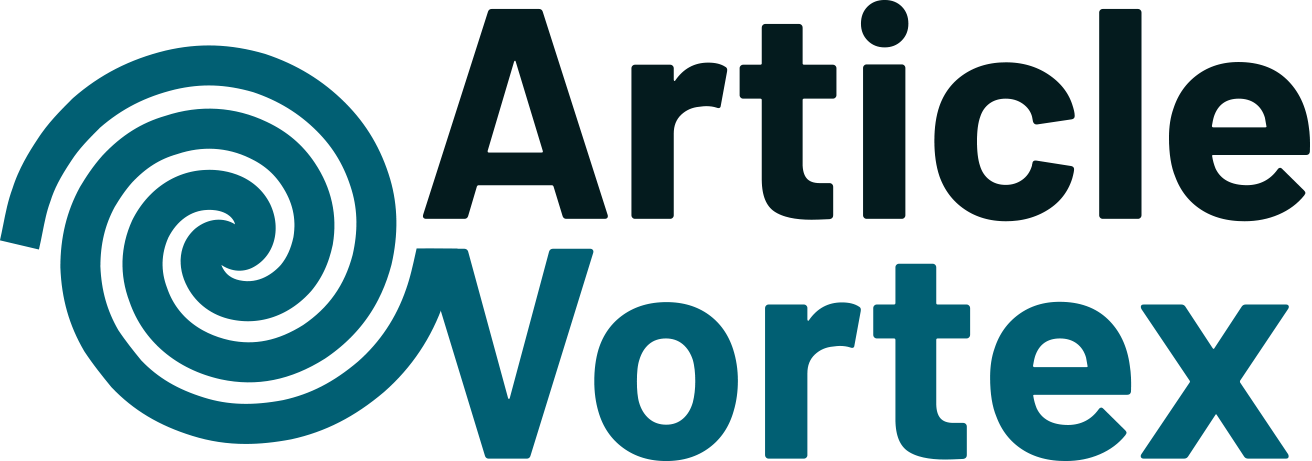What Is a Tax Payment Plan?
Businesses that face difficulties in settling their tax obligations in a lump sum often turn to a tax payment plan for relief. These arrangements allow taxpayers to pay off their tax debt over time through scheduled payments, rather than facing penalties or aggressive collection efforts. There are different types of arrangements depending on the nature of the tax owed, such as a payment plan for payroll taxes or a payment plan for sales tax. Such plans can be critical in maintaining business operations while staying compliant with tax authorities.
For employers, payroll taxes can accumulate quickly and lead to serious consequences if left unpaid. Applying for a payroll tax payment plan offers a structured way to address this issue. Similarly, businesses that collect sales tax but struggle with timely remittance may benefit from a payment plan for sales tax. These plans are tailored to meet the unique needs of businesses, ensuring they remain in good standing while working toward full repayment.
IRS Options for Payroll Tax Debt
When it comes to federal payroll tax debt, the IRS offers several options to help businesses catch up on their obligations. One such option is the IRS trust fund installment agreement, which specifically addresses the portion of payroll taxes known as the “trust fund.” This includes taxes withheld from employees, such as income tax and Social Security contributions, which employers hold in trust for the government.
Another option is the IRS payment plan for payroll taxes, which may include either streamlined or non streamlined arrangements. A streamlined agreement is typically available for smaller debts and requires less documentation. However, for larger amounts or more complex situations, a non streamlined installment agreement IRS option may be necessary. These agreements often require detailed financial disclosures and are subject to a more thorough review.
- Trust fund recovery penalties can apply if taxes are not paid.
- IRS officers may be involved in negotiating terms.
- Failure to comply with agreed terms can lead to enforcement actions.
Choosing the appropriate IRS payment plan for payroll taxes depends on the size of the debt, the business’s financial situation, and its history with the IRS. Seeking professional advice can help ensure the right approach is taken.
When the IRS Payment Plan Is Not Working
While tax payment plans are designed to provide relief, they don’t always go as planned. Some businesses may find that their IRS payment plan is not working due to cash flow problems, unexpected expenses, or misunderstandings about the terms. In such cases, it’s crucial not to ignore the situation. Failing to meet payment obligations can result in penalties, interest, and potentially more aggressive collection efforts.
If an IRS payment plan not working becomes a reality, businesses should consider the following steps:
- Contact the IRS immediately to discuss the issue.
- Request a modification of the existing agreement.
- Explore temporary hardship status if applicable.
- Consult with a tax professional for strategic advice.
It’s also worth reviewing whether the original agreement was the right fit. In some instances, a non streamlined installment agreement IRS might have been more appropriate than a streamlined one. Adjusting the type of agreement could lead to more manageable terms.
Non Streamlined Installment Agreements Explained
An IRS non streamlined installment agreement is typically used for larger or more complex tax debts that exceed the limits of the simplified streamlined process. These agreements require a more in-depth financial review, including complete disclosure of assets, liabilities, income, and expenses. While the process may be more cumbersome, it can offer more flexible repayment terms that better match the business’s financial capacity.
Key characteristics of a non streamlined installment agreement IRS plan include:
- Detailed financial documentation requirements.
- Negotiated payment amounts based on ability to pay.
- Potential for longer repayment periods.
- Greater scrutiny by the IRS during approval.
Businesses considering this option should be prepared to justify their proposed payment amounts and show that they are making a good-faith effort to resolve their tax debt. While the approval process can take longer, it may ultimately lead to a more sustainable resolution.
State-Level Tax Payment Plans
In addition to federal tax obligations, many businesses also face state-level tax issues, particularly concerning sales tax. A payment plan for sales tax operates in a similar way to federal installment agreements but is managed by state revenue departments. These plans can help businesses avoid liens, penalties, and license suspensions.
Each state has its own rules and procedures for setting up a payment plan for sales tax, but common elements include:
- Submission of a formal request with financial documentation.
- Monthly payments based on income and debt level.
- Compliance with future tax obligations during the term of the plan.
Staying current with new tax filings is crucial while under a state tax payment plan. Falling behind can result in default and revocation of the agreement. Businesses should consider working with a local tax advisor to ensure they meet all requirements and protect their operations.
Conclusion: Choosing the Right Path to Compliance
Tax payment plans offer a lifeline for businesses struggling with tax debt, whether at the federal or state level. From managing a payment plan for payroll taxes to navigating a payment plan for sales tax, there are structured solutions available to regain control. Understanding the distinctions between a streamlined versus non streamlined installment agreement IRS, and knowing what to do when a payment plan is not working, are key to making informed decisions.
While the process can be complex, especially with options like the IRS trust fund installment agreement, seeking guidance and staying proactive can make a significant difference. Businesses that take the initiative to resolve tax issues through appropriate payment plans demonstrate responsibility and are more likely to achieve long-term stability. Consulting a qualified tax professional can further support a successful outcome.












